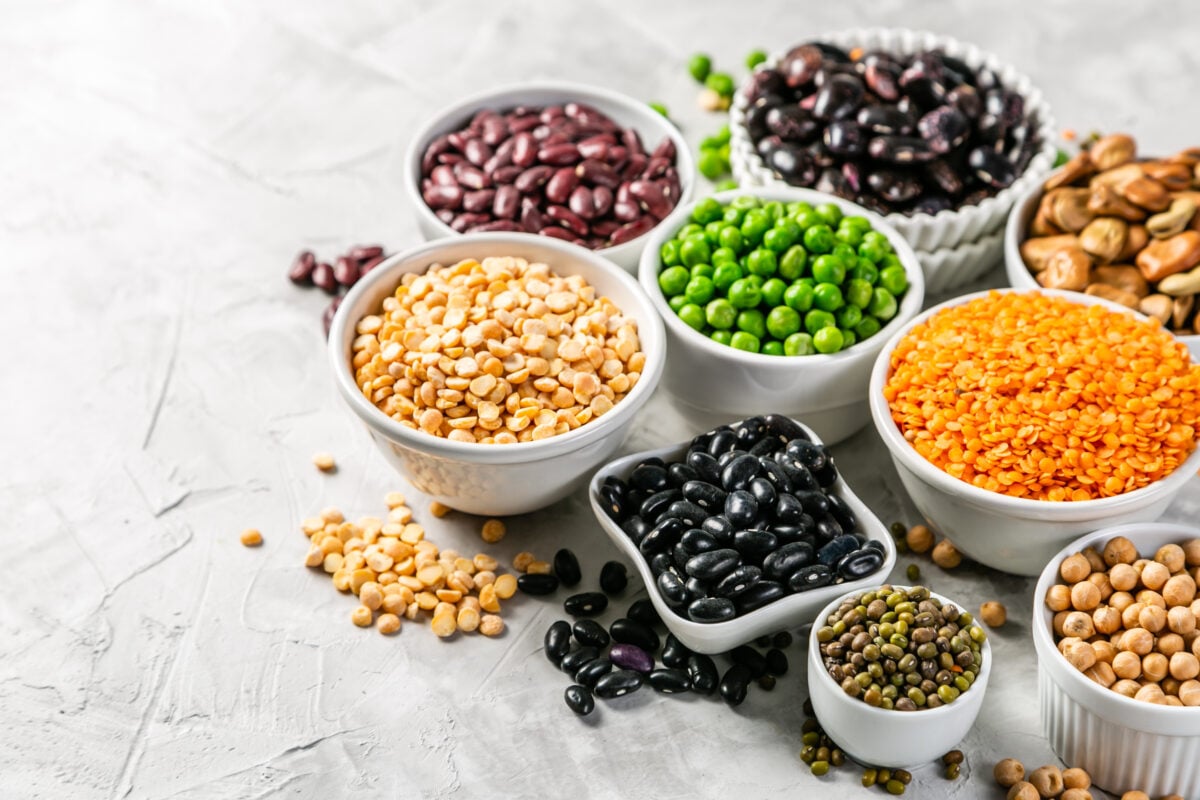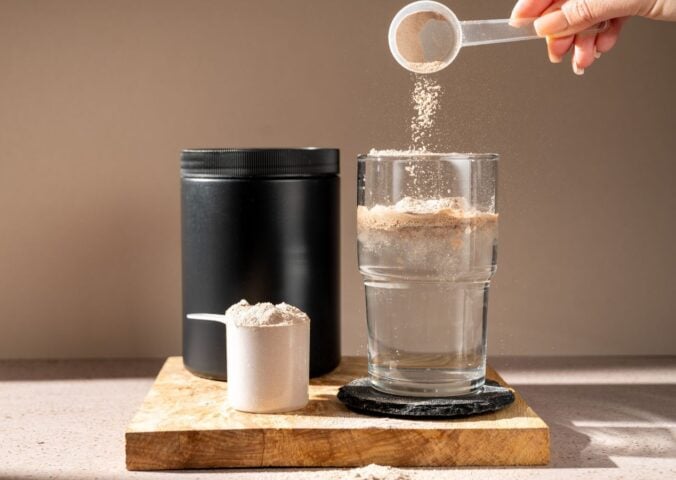One of the common criticisms of a plant-based diet is that it makes it harder to get enough heme iron. Heme iron (also known as haem iron) is the type of iron that is easiest for the body to absorb and that is only found in animal products. But a new study has found a “significant” link between higher consumption of heme iron and the risk of developing type 2 diabetes.
Read more: Just Two Slices Of Ham A Day Raises Type 2 Diabetes Risk, Major Study Finds
Led by researchers at Harvard T.H. Chan School of Public Health, the study assessed data from the Nurses’ Health Studies I and II and the Health Professionals Follow-up Study. These provided 36 years of dietary reports from 206,615 American adults. The researchers looked at participants’ intake of heme, non-heme iron — which is found in plant food and is harder for the body to absorb — through food and supplements. They controlled for other health and lifestyle factors.
Participants who consumed the most heme iron had a 26 percent higher risk of developing diabetes than those who consumed the least. High level of heme iron intake were linked to high consumption of unprocessed red meat. The study found that heme iron accounted for 65 percent of the diabetes risk from eating unprocessed red meat. There was no significant link between intake of non-heme iron from food or supplements and diabetes risk.
“This study underscores the importance of healthy dietary choices in diabetes prevention,” co-author Frank Hu, Fredrick J. Stare Professor of Nutrition and Epidemiology, said in a statement. “Reducing heme iron intake, particularly from red meat, and adopting a more plant-based diet can be effective strategies in lowering diabetes risk.”
Why heme iron raises the risk
Previous studies have shown a link between heme iron and type 2 diabetes. But the new research establishes the evidence more clearly and explains why heme iron raises the risk.
To understand this, the researchers analyzed the biomarkers for a subset of participants. They found that heme iron was linked to insulin resistance, inflammation, and the metabolism of several metabolites (substances such as amino acids produced during metabolism). High levels of heme iron can interfere with the metabolism of glucose through insulin resistance. This is when the body can’t properly take up glucose from the blood or store it for energy, and can lead to type 2 diabetes.
Read more: 17 Iron-Rich Vegan Recipes
The study also suggests that heme iron could promote oxidative damage to cells and inflammation. These are risk factors for diabetes as well as cardiovascular diseases.
Implications

The researchers say that the study has “important public health implications in shaping guidelines to prevent diabetes by limiting the daily consumption of foods rich in haem iron, particularly red meat.”
They add that their findings “raise concerns” about efforts to add heme iron to plant-based meat alternatives. Some plant-based meat producers are trying to do this to boost the meaty taste and appearance of their products. They are developing heme from plant-based sources. Impossible Foods, for example, is making it through the fermentation of genetically engineered yeast.
But it’s possible to meet your iron needs through plant sources and, if necessary, supplements. Non-heme iron is simply harder to absorb, so getting it from plants means thinking more about eating a variety of iron-rich plant-based foods like leafy dark greens and legumes.
Read more: Plant-Based Meat Alternatives Healthier And Better For The Planet, Report Finds






